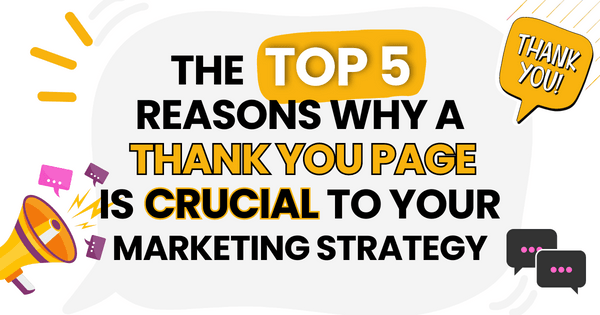Alexa, How Does Voice Search Differ from Text Search?
)
If you're a parent, Alexa or Google Home has probably made managing your family a little easier, from updating after-school shopping lists for your kids, to finding cheesy jokes to amuse said kids while you shop.
If you're a kid, Alexa or Google Home has probably made annoying your family a little easier. If you're a digital marketer or advertiser, Alexa or Google Home has probably made life a little more complicated.
Voice search is the talk of the SEO town, with more and more consumers relying on this new type of instantaneous, convenient search for their knowledge needs. Now that people are becoming too busy, or can't be bothered, to search with text from their phones, we've come full circle to asking verbal questions once more.
Digital marketers that understand the differences and nuances voice search offers compared to conventional text search can help users find exactly what they're looking for by voice namely, your online content and advertising.
We Hear you Loud and Clear
Voice search is here, and it's here to stay.
It appeals to younger audiences that prioritize speed, as well as older ones that need accessibility (those smartphone screens are too small to see a dang thing!).
It aligns with Google's vision of search in the future 'an ultimate mobile assistant that helps you with your daily life so you can focus on the things that matter'. (Though we're pretty sure we heard the same thing about the ingenious, battery-powered pocket fan).
And it's the best way for advertisers and marketers to meet consumer demand or query intent, based on context. Whole new categories of keywords rose alongside voice search, as searchers quickly learned what voice search could allow them to do vs. text search. Queries with 'near me' have grown dramatically with voice search, for example.
Optimizing for Voice Search
We know voice search is here for good, so you'll need to recognize the crucial ways voice and text search differ. Gaining valuable insights now can have your online content ranking for this new type of search, too, where your competitors may not have found their voice just yet.
Here are three factors to keep in mind:
Query Length
Text-based searches are typically short - about two words. This type of search is all about the fastest, most direct route to express intent.
So voice search queries should be way longer, right?
Analyzing successful voice searches, the ones that get the most volume, impressions, and clicks, are ones with three words in the keyword or query.
Did you see that one coming? Considering the question-based query format that dominates voice search, we certainly didn't.
This is because younger generations or the demographic that comprises the majority of voice searches use more natural language than full-sentence questions. For example, 'are unicorns real' or 'is Mulder dead'.
So if you have a couple keywords like 'Toronto' or 'Toronto sandwiches', try testing longer, more voice-friendly keywords that align with your user's intent. This could be 'best Toronto sandwiches', 'Toronto sandwich guide', 'cost of Toronto sandwiches', and other sandwich-based queries.
Harder, Better, Faster, Stronger Intent
We touched on natural language, and how it provides clearer, stronger user intent.
A simple text search, like 'hair plugs', doesn't tell a search engine much about intent it has no idea if the user wants information on hair plugs, to have them replaced, to shop for new ones, or to admire pictures of them longingly.
The natural language that comes with conversational search changes all that. This influences both bidding on keywords, and the creative of an online campaign. Digital marketers armed with this knowledge can bid for phrases that are most likely to yield a desired action. Detailed insights are invaluable from both an ROAS and conversion perspective, too.
So, be sure to identify your highest value question phrases, and optimize for those keywords as well as adjusting bids higher for these terms. You can also revise ad and landing page copy to align with the highest-value questions asked. If your answer aligns with the high-value question, you should rank well for voice as Google will recognize the similar intent between user query and your content.
Question Words
Unsurprisingly, as we touched on already, question phrases are the key to voice search. Typing a search leads to computer language - 'Toronto sandwich deals'. With conversational search, you might have a phrase like "Who has the best deals on sandwiches in Toronto?"
To optimize for voice, add relevant question keyword phrases to your original keyword list, and start testing!
Going back to the sandwich example, some relevant questions may be:
- How much is a Toronto sandwich?
- Where can I find Toronto sandwich information?
- What's the best Toronto lunchtime sandwich deal?
- When's the best time to have a sandwich in Toronto?
- Where can I get a veggie sandwich in Toronto?
We're in the midst of a paradigm shift in the industry. If you want your voice heard loud and clear by your online audiences, Bloomtools' expert SEO team can optimize your online channels for both text and search.
Contact us today for more information on our SEO services!
) Author:Boaz Willinger
Author:Boaz Willinger| Tags:Content MarketingWebsite PerformanceSearch Engine Optimization |




)
)
)
